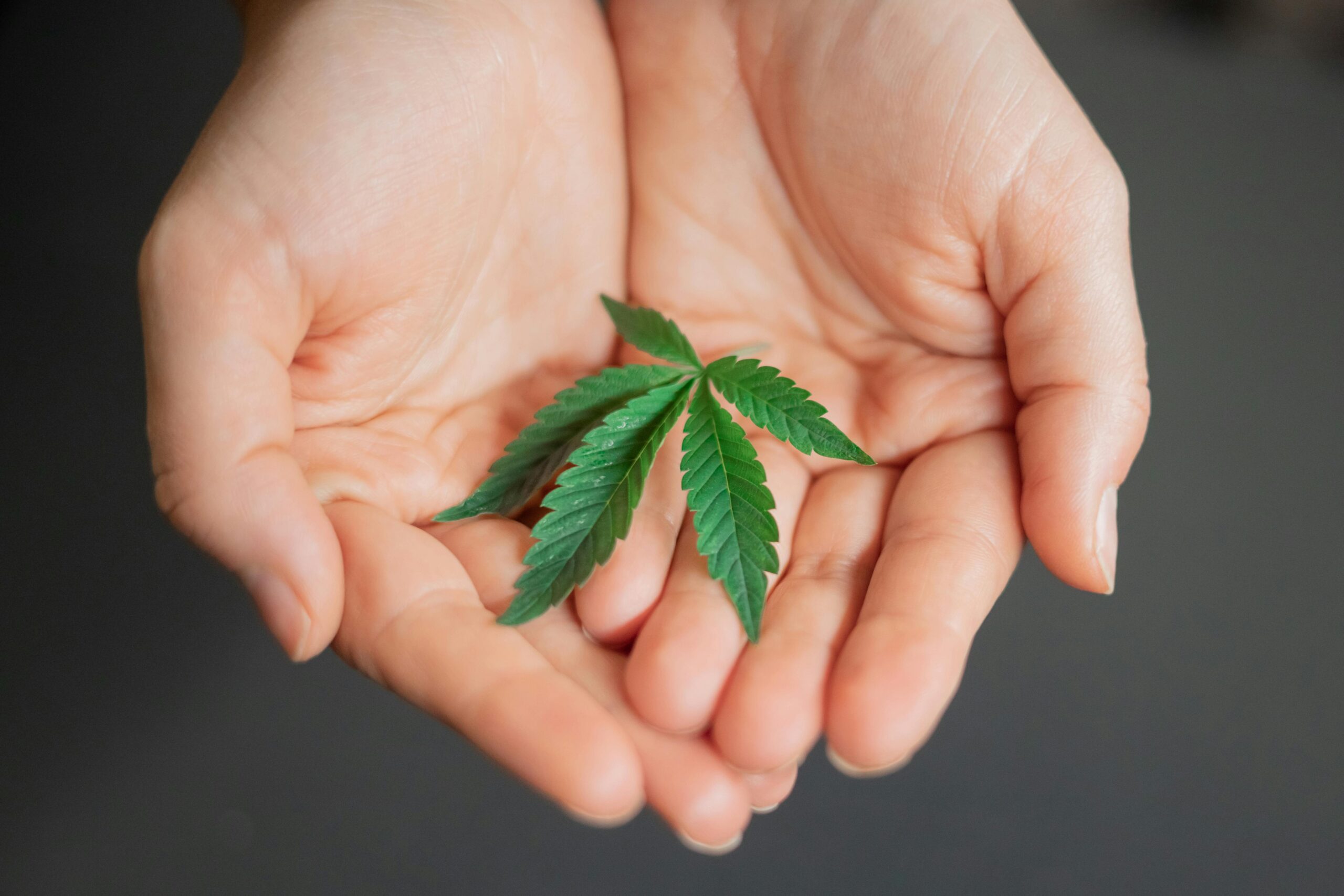
Can You Use Medical Cannabis While Fasting?
Can You Use Medical Cannabis While Fasting?
With fasting becoming more popular in the UK for both health and religious reasons, many medical cannabis patients ask, “Can you use medical cannabis whilst fasting?” As more people explore intermittent fasting or observe religious fasts such as Ramadan, questions often arise about how fasting may affect medical treatments—particularly medical cannabis.
In this blog, we explore how fasting interacts with medical cannabis use, what the science says about absorption and effects, and what patients should consider when combining these two important elements of their wellness journey.
Contents
How does fasting affect the endocannabinoid system?
The endocannabinoid system (ECS) is a complex cell-signalling network involved in regulating a wide range of bodily functions—everything from mood and pain to sleep and appetite. For medical cannabis patients, understanding how fasting interacts with the ECS can be helpful when planning treatment during fasting periods.
Preliminary research, particularly from animal studies, suggests that fasting may increase levels of naturally occurring endocannabinoids in the brain—especially in areas linked to hunger and reward. This could mean the ECS becomes more active during fasting, potentially enhancing the therapeutic effects of prescribed medical cannabis.
Can fasting impact how the body processes medical cannabis?
Yes—but the effects depend on how you administer your medication.
Oils and tinctures
If you take medical cannabis oil sublingually (under the tongue), fasting is unlikely to significantly affect how the cannabinoids are absorbed. That’s because this method bypasses the digestive system and enters the bloodstream directly.
However, if you take your oil with food or drink, the absence of fat during a fast may reduce absorption. Cannabinoids such as THC and CBD are fat-soluble, so they’re best absorbed alongside dietary fats.
Vapourised flower
In the UK, medical cannabis flower must be administered through a dry herb vaporiser. Like sublingual oil, vapourised cannabis is absorbed directly into the bloodstream via the lungs. Fasting does not impair this method of absorption. In fact, some evidence suggests it might intensify the effects, possibly due to changes in blood sugar and fat metabolism.

Could fasting make medical cannabis feel stronger?
Possibly. There are a couple of theories as to why:
- Fat breakdown: During extended fasts, your body uses fat stores for energy. Since cannabinoids are stored in fat, this process may release small amounts back into the bloodstream.
- Lower blood sugar: Some evidence suggests that lower glucose levels may affect how cannabinoids interact with the ECS, potentially intensifying effects like pain relief or relaxation.
It’s important to note that while this may enhance therapeutic benefits for some, others may experience stronger psychoactive effects. Always discuss any noticeable changes with your prescriber.
Can you use medical cannabis during religious fasting?
The answer largely depends on how you administer your medication and your personal beliefs.
For example, during Ramadan, Muslims fast from dawn until sunset, abstaining from food, drink, and oral medication. According to Islamic medical guidance, inhaled medications—like those taken via a vaporiser—do not break the fast. Sublingual oils, however, may be considered differently.
If you’re unsure whether your medical cannabis use aligns with your faith’s fasting practices, we recommend discussing this with both your prescribing clinician and a trusted religious advisor.
Final thoughts
Fasting is a personal journey—be it spiritual, health-related, or both. While fasting may influence how your body processes medical cannabis, its overall effect depends on the method of administration and your unique physiology.
For many patients, incorporating fasting into their wellness routine may enhance the therapeutic benefits of treatment. But it’s crucial to do so under the guidance of your prescriber, and if relevant, your religious advisor.
At CB1 Medical, our goal is to support you through your individualised treatment plan with clarity, compassion, and care. If you’re considering fasting alongside your prescribed medical cannabis use, we’re here to help guide you through that process.
Curious if you’re eligible?
Try our free Eligibility Checker to see if medical cannabis is right for you.